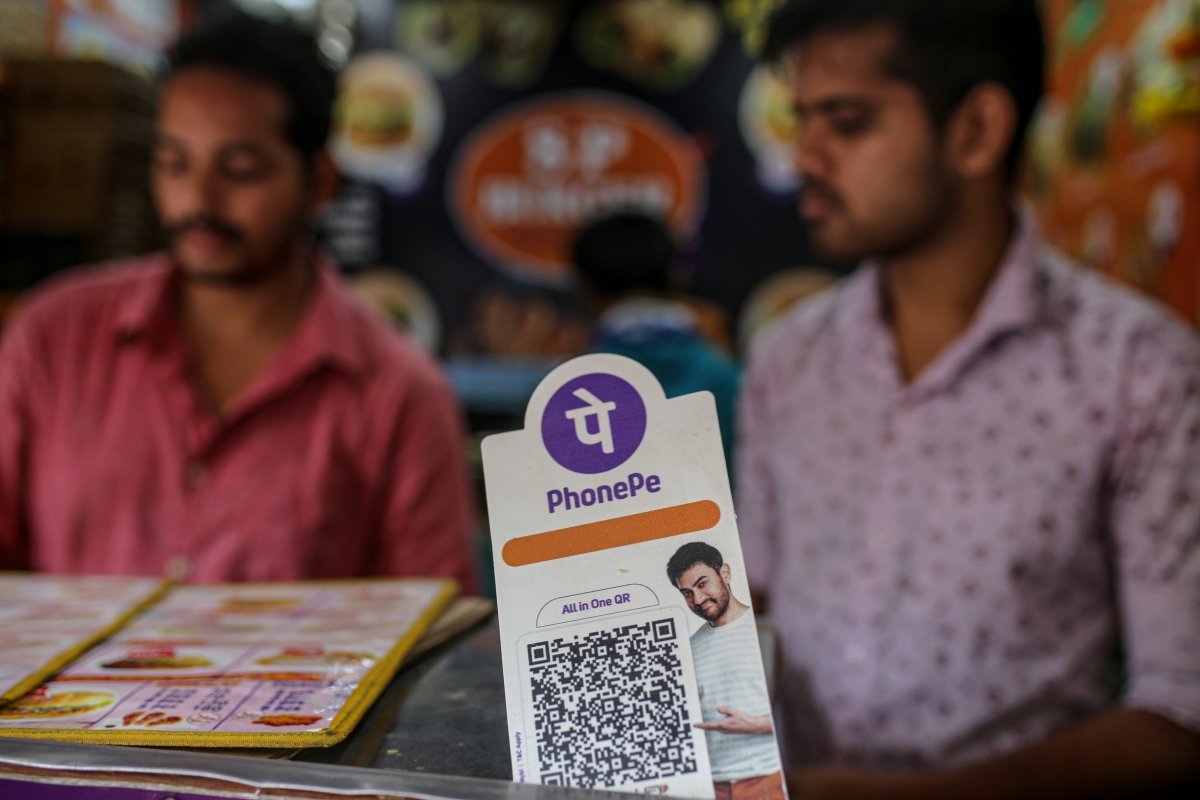
The $100 million infusion into PhonePe is likely part of a wider investment plan by General Atlantic, as the startup continues to rake in cash. With over $750 million in total funding, PhonePe is one of the most successful Indian startups to date.
The investment by Walmart and other partners is sure to bolster PhonePe’s already impressive valuation and give the company a strong financial backing that it can use to continue expanding its services across India. With this additional capital, PhonePe plans to expand into new markets and offer even more innovative ways for customers to interact with businesses.
PhonePe is one of India’s most valuable fintech startups, with a current valuation of over $12 billion. The company offers an alternative to Google Pay and Paytm, the latter of which is currently valued at nearly $5 billion. PhonePe aims to make online payments simpler by providing users with a unified platform across different app platforms.
Since its inception, PhonePe has dominated the UPI market in India. The network is used by a majority of Indian consumers to conduct transactions online, and Google’s GPay and PhonePe currently process over 80% of all transactions on the platform. This dominance is likely due to PhonePe’s focus on providing an efficient and user-friendly experience, as well as its reliance on retail banks as founding members of the UPI consortium. As UPI continues to grow in popularity across India, companies like Google and PhonePe will be crucial in ensuring that users have an easy and convenient way to conduct their transactions.
What sets PhonePe apart from other Indian companies is its strong focus on customer engagement. The company said earlier this year that it was on pace to process transactions worth $1 trillion annually, largely due to its widespread adoption by small businesses and consumers. This innovation has helped the company maintain a commanding lead in the Indian mobile payments market.
Walmart’s separation of Flipkart and PhonePe represents a shift in American e-commerce. Until now, the two companies have been largely dependent on each other, with Flipkart primarily serving as the backend for PhonePe’s direct-to-consumer model while vice versa. The move signals a change in how Walmart intends to operate its various businesses and has raised questions about the future of both companies. While it remains to be seen whether this structure is successful, it provides an interesting example of how different companies can compete separately but still work together harmoniously.
In addition to expanding its product offerings, PhonePe is also looking to invest in other young startups that have the potential to compete with it. The startup hopes this investment will help nurture these companies and bolster their growth prospects.
As PhonePe looks to expand its offerings beyond those of typical telco providers, it is focusing on integrating with businesses in order to provide a wider range of services. In January 2018, PhonePe announced Pincode integration which will allow Indian shopkeepers across the country to sell products and services directly from their premises. The startup is also increasingly trying to cross-sell its 450 million registered user base products such as insurance and wants to expand into wealth management, lending, stockbroking, ONDC-based shopping and account aggregation businesses.
Since the Reserve Bank of India abandoned its plans for a high-profile project that intended to rival UPI, PhonePe has seen increased growth in the market share. This has likely helped give PhonePe an edge against its competitors and ensured that the company will continue to grow for at least another two years.









Very interesting information!Perfect just what I was looking for!Raise blog range